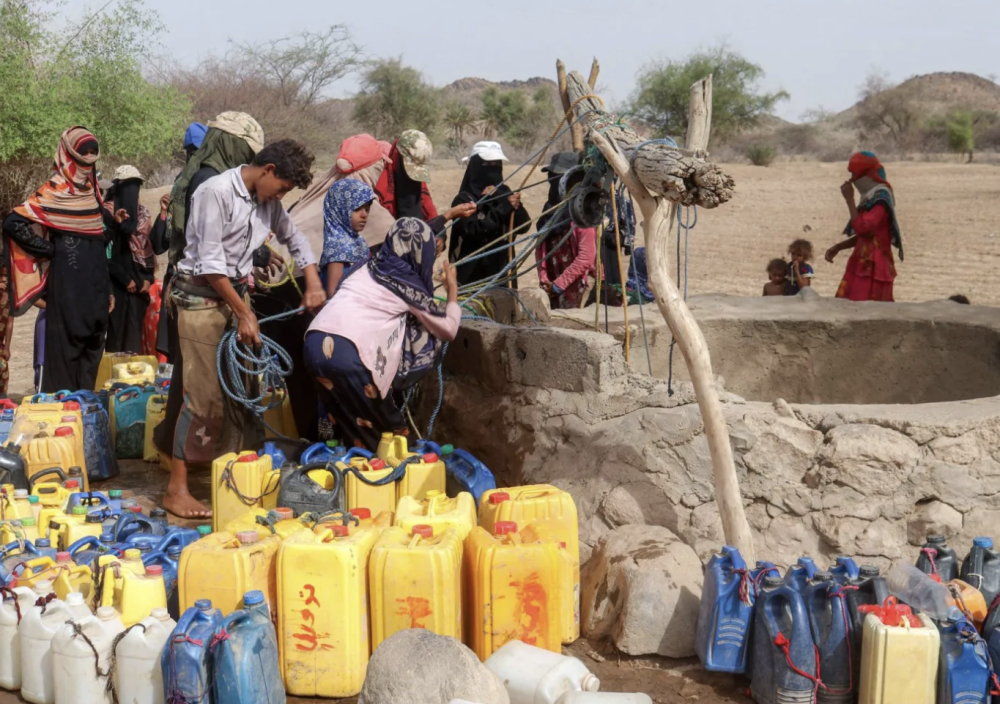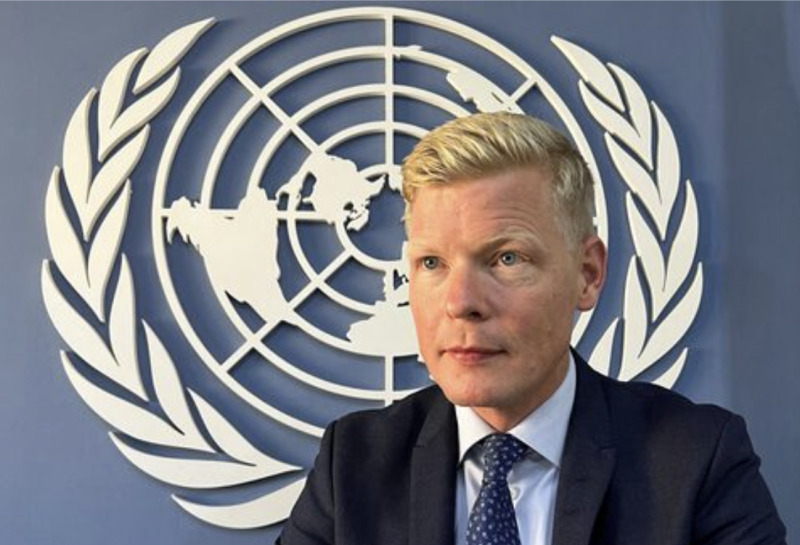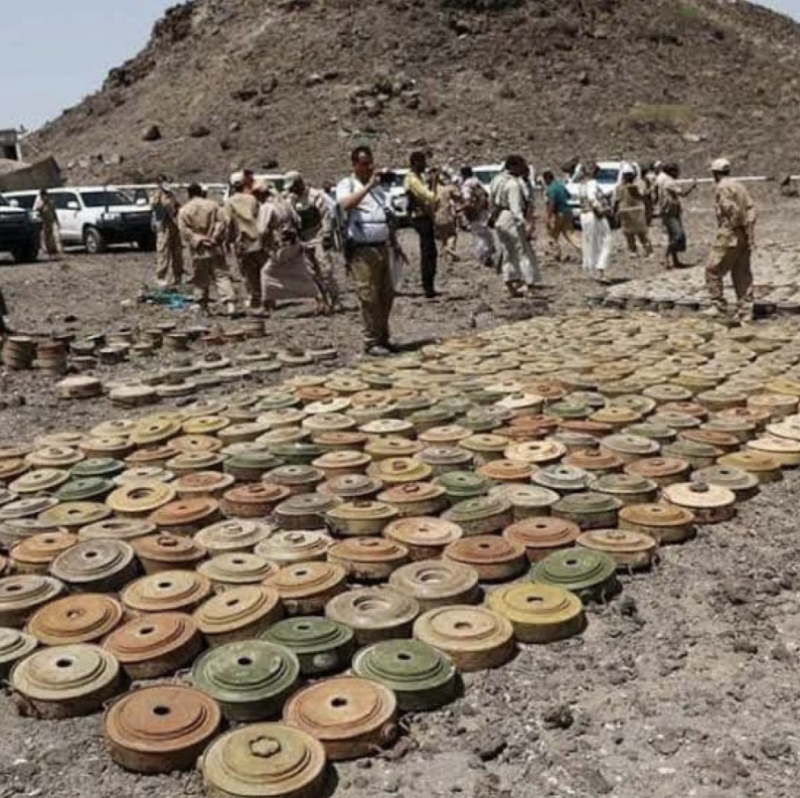Int’l Warning: Yemenis Face Severe Water Shortages


A leading global aid organization has warned that Yemen’s drinking water crisis is worsening, with clean water becoming scarcer than ever before.
The Norwegian Refugee Council (NRC) said some 15 million people in the war-torn country are struggling to secure enough water, a situation aggravated by declining rainfall and chronic funding shortages.
Yemen, ravaged by a conflict ignited by the Houthis over a decade ago, faces growing hardship as seasonal rains — which normally replenish water supplies — have dropped sharply.
The NRC highlighted that rainfall is expected to decline by up to 40% in some areas this year, leaving millions unable to access sufficient safe drinking water or sanitation.
Every year, Yemenis’ ability to access water — a vital lifeline not only for drinking but also for hygiene, health, disease prevention, crop irrigation, and livestock care — diminishes, said Angelita Caredda, NRC’s Regional Director for the Middle East and North Africa.
Safe water has become more scarce than ever before.
The NRC warned urgent action is needed to prevent the crisis from turning into a full-scale catastrophe. With millions already forced to cut back on food due to soaring hunger levels, the added strain of water shortages threatens to deepen Yemen’s dual emergency of food and water insecurity.
Rising Costs and Dangerous Journeys
In a recent report, the NRC detailed the soaring cost of water in Yemen’s southwestern city of Taiz, a key example of the daily struggle faced by many. The price of 1,000 liters — used for cooking and washing — has climbed to nearly five dollars, roughly equivalent to a day’s wage for a laborer.
For those unable to afford it, the alternative is perilous: women and children often walk long distances to fetch water, risking their safety along the way.
One displaced woman in Abyan province, east of Aden, told the NRC she regularly walks three kilometers to fetch water from nearby farms, carrying it on her head. She described how the water is often unsafe to drink and recounted distressing scenes of children falling from donkeys and breaking the containers holding their precious supply.
“It breaks my heart to see a child spend hours fetching water only to lose it on the way home,” she said.
Aid Interventions Bring Some Relief
The report also highlighted rising cases of kidney disease among displaced people, linked to consumption of contaminated water. To combat this, the NRC has rehabilitated a key well in the Gul al-Sada camp in Abyan and installed water tanks, significantly improving access to safe water for residents.
Similar efforts are underway in other hard-hit areas including Marib, Taiz, and Amran, where the NRC has repaired water sources, installed elevated tanks, and set up solar-powered pumping systems.
A displaced man in Marib expressed relief at the improvements: “No one can imagine the joy of children and adults when water finally reached the camp. We now have enough clean water, and refilling tanks is no longer a burden.”
Despite these efforts, the NRC’s Caredda stressed that humanitarian funding remains critically short. “The humanitarian community across Yemen is struggling to meet the huge demand for clean, safe water, but donors have so far provided only 10% of the required funding for water and sanitation projects,” she said, leaving many families without vital support.
The aid official called on major donors to urgently reverse funding cuts and enable Yemenis to access safe drinking water before the crisis spirals further out of control.

Aden -- Yemen Airways has announced plans to strengthen its fleet by adding four new, modern aircraft in the coming period.  The move…

Sana’a — The United Nations Special Envoy to Yemen, Hans Grundberg, acknowledged that the country’s political process is facing a…

Marib — The Saudi-funded Masam demining project announced that its teams successfully removed and dismantled more than 1,000 explosive device…